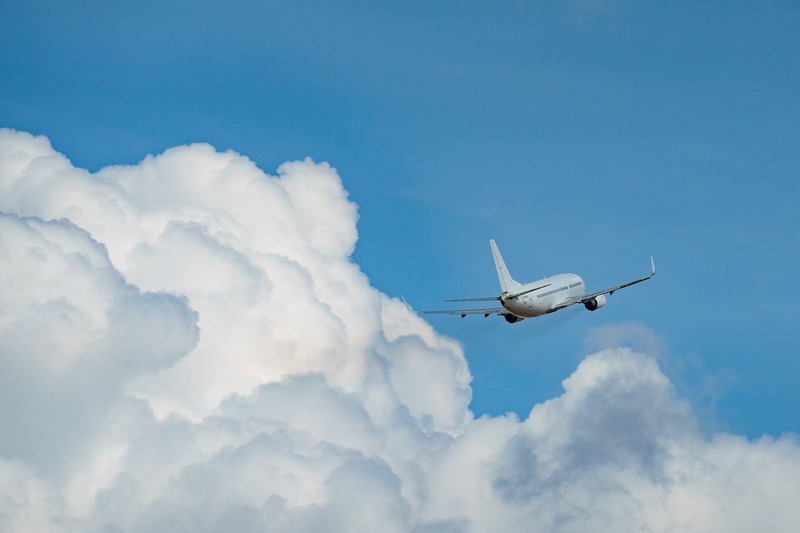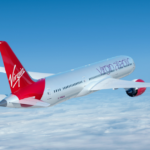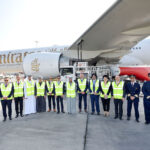
(TAN): The World Travel & Tourism Council (WTTC) has urged governments around the world to “get serious” on incentivizing Sustainable Aviation Fuel (SAF) production and set ambitious targets to produce adequate quantities.
Without meaningful quantities of SAF, the aviation sector cannot decarbonise on a scale that will allow it to reach Net Zero by 2050, as committed to by the industry and supported by ICAO member states, WTTC said in a statement.
[ALSO READ: At Berlin Brandenburg Airport, your face is your boarding pass]
SAF is expected to deliver the majority of greenhouse gas abatements needed to achieve net zero carbon emissions by 2050. Unfortunately, SAF production rates are insufficient to meet demand and prices remain high, despite the recent exponential increase in production.
The US is carrying out a successful incentive programme, WTTC said. The recent Inflation Reduction Act which, through the Tax Blender Credit, created tax incentives for SAF production that are already bearing fruit.
WTTC President & CEO Julia Simpson said: “It is time for governments to take bold action and prioritise the production of sustainable aviation fuel. We are calling on all governments to act now. The demand for SAF has never been higher, airlines all over the world want to use SAF…. However, current SAF production only meets 0.1% to 0.15% of requirement, despite a 200% increase in production in 2022 vs 2021. This leaves a massive gap that can only be filled through rapid and sustained investment.”
[ALSO READ: MSC Cruises and Formula 1 extend partnership deal]
“At today’s prices, SAF is on average three to five times more expensive than traditional fossil fuels. Governments must address this cost disparity by providing financial support and incentives to make SAF more accessible and affordable. Without those targets and without those incentives, the sector cannot decarbonise,” she added.




